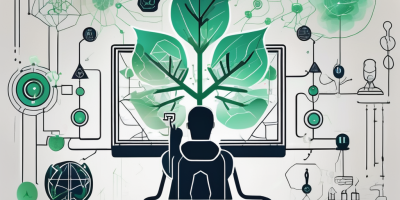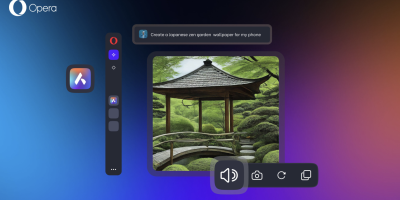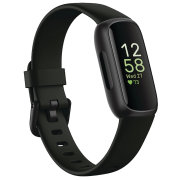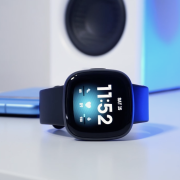Remember the days when a smartphone was almost the same size as a brick? It was heavy, clunky, and about as portable as your home phone. While having the accessibility to do business on the fly is a win, the technology just wasn’t what it needed to be. Thankfully, someone decided to create smaller, more powerful devices that not only saved us from carrying that brick around, but also offered technology that was once only dreamed about.
These days, deciding which kind of phone to buy can be daunting. Do you go with the ever-popular iPhone, or do you throw caution to the wind and try out an Android even if you’re team Apple? If you’re unsure of what to do, then you’ve come to the right place. In this post, we’ll go over the pros and cons of getting an Android over an iPhone.
Long-Term Financial Benefits
Android is known for its amazing versatility when it comes to usage. Compared to the iPhone, Androids aren’t locked when it comes to customization. Your phone is one of the most personal items you could have, so it’s only right to be able to customize it however you want. The problem with iPhones is that they don’t allow users to be liberal with their customization options. Most third-party launchers can’t be used due to the nature of the iPhone’s integrated software. All you can do is rearrange the apps and set your favorite pictures as your home screen.
With an Android phone, however, you can change up the launcher without a problem, switch the appearance of your app icons, and even root it. Rooting is a complex topic and will have an impact on your phone’s warranty. But in return, you have a near limitless amount of customization options if you decide to go with rooting. In fact, rooting can allow you to change your phone’s operating system if you wanted to.
They’re Prone to Viruses
“With great power comes great responsibility”; this phrase perfectly encapsulates Android phones. Since you can do virtually anything you want thanks Android’s open software, you need to be very careful with what you do. This is where iPhones can be more appealing as they’re incredibly resistant to viruses. Android, on the other hand, isn’t exactly as safe. If you decide to install apps through the internet and not through the Play Store, you’re taking a big risk as these sites can be riddled with malware.
Androids Have Flexible Pricing
One of the most glaring flaws of the iPhone is how expensive they are. Even the cheapest price is still almost $1,000. You can find a way around this by investing into an older model, but as each software update comes out, the less compatible it becomes. Androids have very flexible pricing across all their models. Sure, the newer models can cost you well over $1,200, but that doesn’t mean you have to purchase that exact one. Older Android models can function just as well as the newer models thanks to their open-ended systems. In fact, you’d be surprised to know that a lot of people switch from iPhone for this very reason.
Regardless, you’re still going to be paying quite a bit of money if you don’t go with a payment plan. If you’re a college student on a budget, buying a phone outright seems like a bad idea. However, you can easily purchase the phone you want outright with a little help from a student credit card. Student credit cards are meant to help college students build up their credit and provide them with financial security. Before applying, it’s highly recommended that you review a guide that goes over everything there is to know about student credit cards. The guide will cover the benefits, the types of cards and what to know about the interest rates.
Prepare to Face Tons of Advertisements
Of all the pros and cons, one of the most common, yet very annoying flaws of the Android phone is the excessive number of advertisements that pop up. This is especially common in applications that are either low-cost or outright free. It’s how the developers make their money. However, they’re not used sparingly; these advertisements can appear randomly and quickly, which can turn you off from using the app entirely. What’s more is that if you’re using an older model, some of these advertisements can appear in your notifications.
The App Market is Very Diverse
The Apple Store has its fair share of cool apps, but it certainly lacks the diversity the Google Play Store has. Androids have some of the best brain-boosting apps and in general, far more apps to download with most of them being free of charge. This gives you the ability to explore and further customize your phone as you see fit. Furthermore, Android phones also let you download apps from other trustworthy sources.











Comments